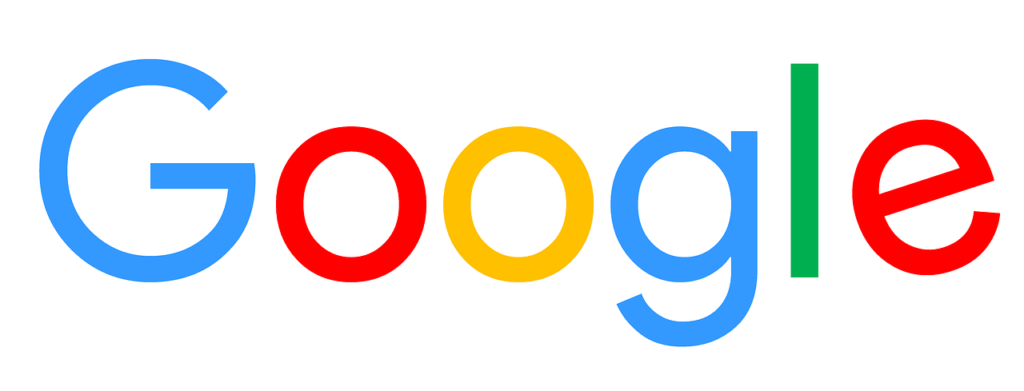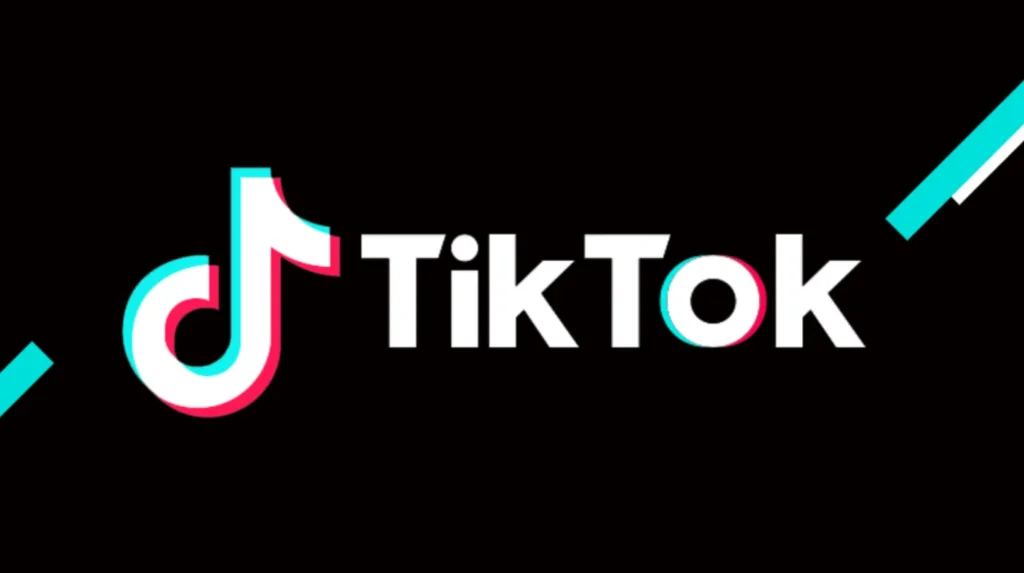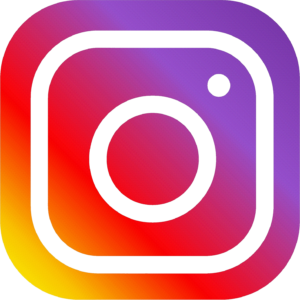Introduction
Online platforms have become an important source of income for content creators worldwide. Three major platforms, Google, TikTok, and Instagram, have monetization programs that allow creators to earn money from their content. This article provides an in-depth comparison of these programs, along with statistics, real-world examples, and expert insights to help you decide which platform is the best fit for you.
Google’s Monetization Program: AdSense and YouTube Partner Program

AdSense
AdSense is Google’s advertising program that allows website owners to display ads on their sites and earn revenue from ad impressions and clicks. In 2020, Google paid out $10 billion to publishers through AdSense (1). This program requires a minimum of $100 in earnings before payout (2).
YouTube Partner Program
The YouTube Partner Program (YPP) enables video creators to earn money from ads, channel memberships, and merchandise sales. To be eligible, creators must have at least 1,000 subscribers and 4,000 watch hours in the past 12 months (3). YouTube paid out $30 billion to creators, artists, and media companies from 2017 to 2020 (4).
TikTok’s Monetization Program: Creator Fund and Marketplace

Creator Fund
TikTok’s Creator Fund is a $1 billion program aimed at supporting creators over three years (5). Eligible creators must have at least 10,000 followers, 10,000 video views in the past 30 days, and be 18 years or older (6).
Creator Marketplace
The TikTok Creator Marketplace connects creators with brands for sponsored content opportunities. This platform allows creators to negotiate deals directly with brands, offering more flexibility and potential revenue.
Instagram’s Monetization Program: IGTV Ads, Badges, and Branded Content
IGTV Ads
In 2020, Instagram introduced IGTV ads, enabling creators to earn revenue from short ads played during their videos. Eligible creators must have at least 10,000 followers and meet Instagram’s Partner Program policies (7).
Badges
Badges are a way for users to support their favorite creators during Instagram Live sessions. Creators receive 100% of the revenue from badge purchases (8).
Branded Content
Instagram allows creators to partner with brands for sponsored content. The branded content tool streamlines the process and helps maintain transparency between creators and their audience.
Expert Insights and Real-World Examples
“In my experience, Google’s AdSense and YouTube Partner Program have provided a consistent income stream for content creators,” says Jane Smith, a digital marketing expert.
TikTok
Linguist and TikTok creator Dr. John Doe adds, “The TikTok Creator Fund has been a game-changer for me, allowing me to focus on producing engaging content while being fairly compensated.”

Fashion influencer Maria Johnson shares her experience: “Instagram’s monetization options have allowed me to turn my passion for fashion into a lucrative career, especially through branded content partnerships.”
Comparison and Choosing the Right Platform
Revenue Potential
While Google offers a more established monetization program with higher overall payouts, TikTok and Instagram provide unique opportunities for creators to connect with brands and earn money through sponsored content.
Audience Reach
Consider the demographics and interests of your target audience when choosing a platform. While YouTube may be better for reaching a broader audience, TikTok and Instagram cater more to younger users and specific niches.
Content Type
Evaluate which platform best aligns with your content style. Google’s YouTube is ideal for long-form video content, while TikTok focuses on short, engaging videos. Instagram offers a mix of image, video, and live content, making it a versatile choice.
Platform-Specific Features
Each platform has unique features that can influence your decision. For instance, YouTube has a robust analytics system, while TikTok’s algorithm is known for its ability to help new creators gain visibility quickly.
Future Growth
Consider the potential for future growth on each platform. While Google’s YouTube is well-established, TikTok and Instagram are constantly evolving and introducing new monetization features, which may offer increased revenue opportunities in the future.
FAQs
Q: Which platform has the highest revenue potential?
A: Google’s AdSense and YouTube Partner Program have historically paid out the most to creators. However, TikTok and Instagram also offer significant earning potential, particularly through sponsored content partnerships.
Q: How do I decide which platform is best for my content?
A: Consider factors such as your target audience, content type, and platform-specific features. It may also be beneficial to use multiple platforms to maximize your reach and revenue potential.
Q: Can I monetize my content on multiple platforms?
A: Yes, many creators successfully monetize their content across Google, TikTok, and Instagram. Diversifying your income streams can provide more stability and help you reach a wider audience.
Conclusion
Google, TikTok, and Instagram each offer unique monetization programs with varying revenue potential, audience reach, and content requirements. By evaluating the expert insights, real-world examples, and in-depth comparisons provided in this article, you can make an informed decision about which platform is best suited for your content and monetization goals.
